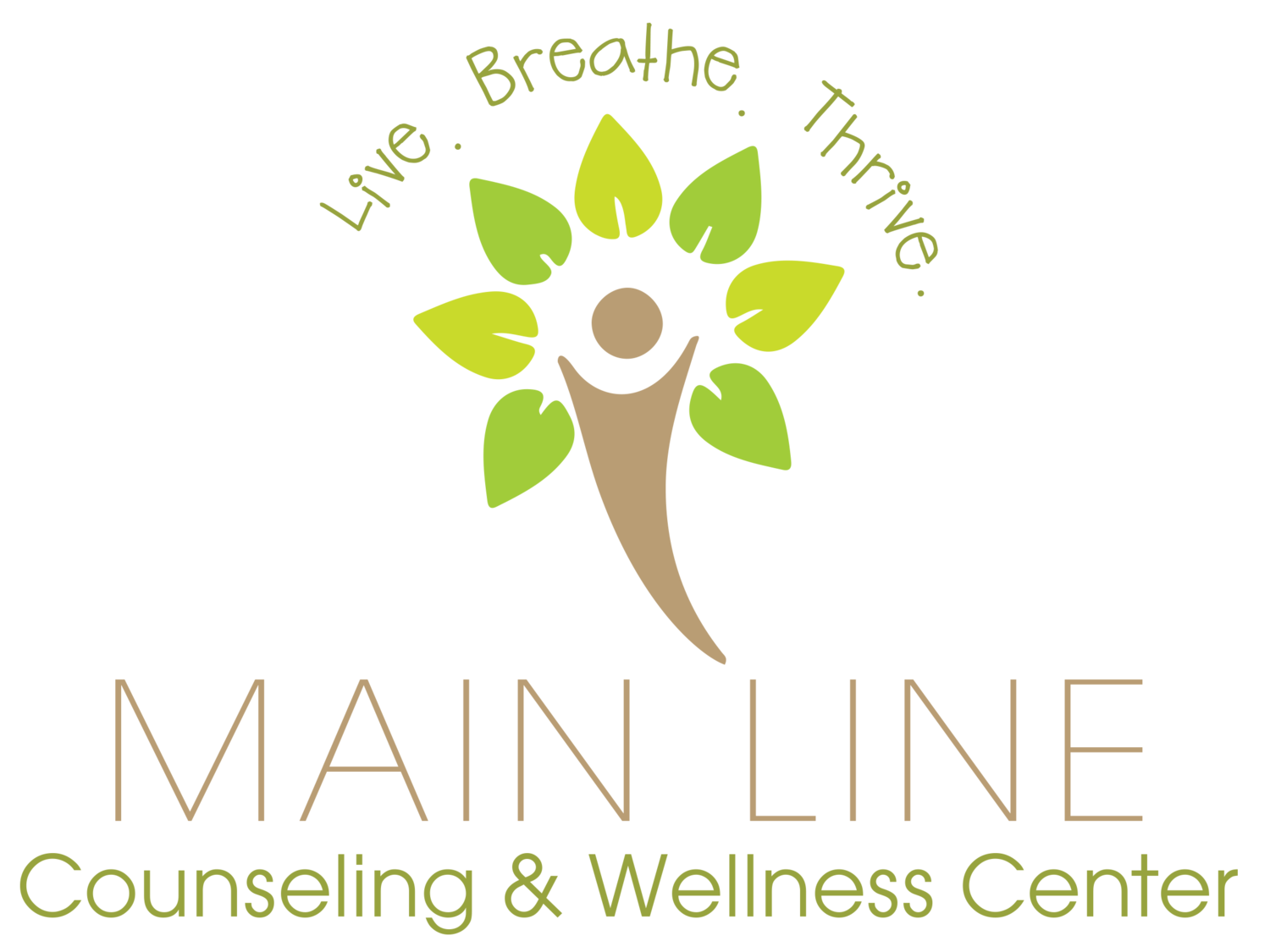MLCWC Good Faith Estimate
Under the No Surprises Act, healthcare providers need to give patients who don’t have insurance or who are not using insurance a “good faith estimate” of the bill for medical items and services.
• You have the right to receive a Good Faith Estimate for the total expected cost of any non-emergency items or services. This includes psychotherapy and related costs like psychological assessments, client requests for services outside of session time (for letters, phone calls, coordination of care with ancillary providers, etc.)
• MLCWC will give you a Good Faith Estimate in writing at least 1 business day before you begin services. You can also ask MLCWC and any other provider you choose, for a Good Faith Estimate before you schedule an item or service.
• If you receive a bill that is at least $400 more than your Good Faith Estimate, you can dispute the bill.
• Make sure to save a copy or picture of your Good Faith Estimate.
ESTIMATE OF COSTS:
MLCWC typically bills for the following types of therapy sessions. It is important to note that ultimately your provider will collaborate with you throughout your treatment process to
determine how many sessions and/or services you may need to receive the
greatest benefit based on your diagnosis(es)/presenting clinical
concerns:
90791 - Intake Assessment ($200) x 2 dates of service
90837- 60 minute Individual Session ($175)
90847 –Couples/Family session ($200)
90834 - 45 minute Individual Session ($150)
90853 - Group Therapy ($65)
In addition, MLCWC utilizes measurement-based care to assess intake and progress throughout treatment. Typically we bill CPT codes 96136, 96138 quarterly for these assessment services, ranging from $6-$50, though you may use them more frequently (weekly) if you choose.
.
DISCLAIMER
This Good Faith Estimate shows the costs of items and services that are reasonably expected for your health care needs for an item or service. The estimate is based on information known at the time the estimate was created and likely may change during the treatment process as frequency, duration of services, and treatment plan are determined in collaboration with your provider based on diagnostic criteria and presenting clinical concerns.
In its current form, the No Surprises Act requires providers to assign a diagnosis before the first service is rendered. MLCWC follows standards of professional Codes of Ethics which deem this to be unethical. To comply with the law, MLCWC uses a generic billable diagnostic code that will change with proper assessment and professional services. Your care and ethical standards are important to us.
The Good Faith Estimate does not include any unknown or unexpected costs that may arise during treatment. You could be charged more if complications or special circumstances occur. If this happens, federal law allows you to dispute (appeal) the bill. It is MLCWC’s practice to inform you of this during the course of your treatment.
If you are billed for more than this Good Faith Estimate, you have the right to dispute the bill.
You may contact the health care provider or facility listed to let them know the billed charges are higher than the Good Faith Estimate. You can ask them to update the bill to match the Good Faith Estimate, ask to negotiate the bill, or ask if there is financial assistance available.
You may also start a dispute resolution process with the U.S. Department of Health and Human Services (HHS). If you choose to use the dispute resolution process, you must start the dispute process within 120 calendar days (about 4 months) of the date on the original bill.
There is a $25 fee to use the dispute process. If the agency reviewing your dispute agrees with you, you will have to pay the price on this Good Faith Estimate. If the agency disagrees with you and agrees with the health care provider or facility, you will have to pay the higher amount.
For questions or more information about your right to a Good Faith Estimate or the dispute process, visit www.cms.gov/nosurprises or call 800-985-3059.
